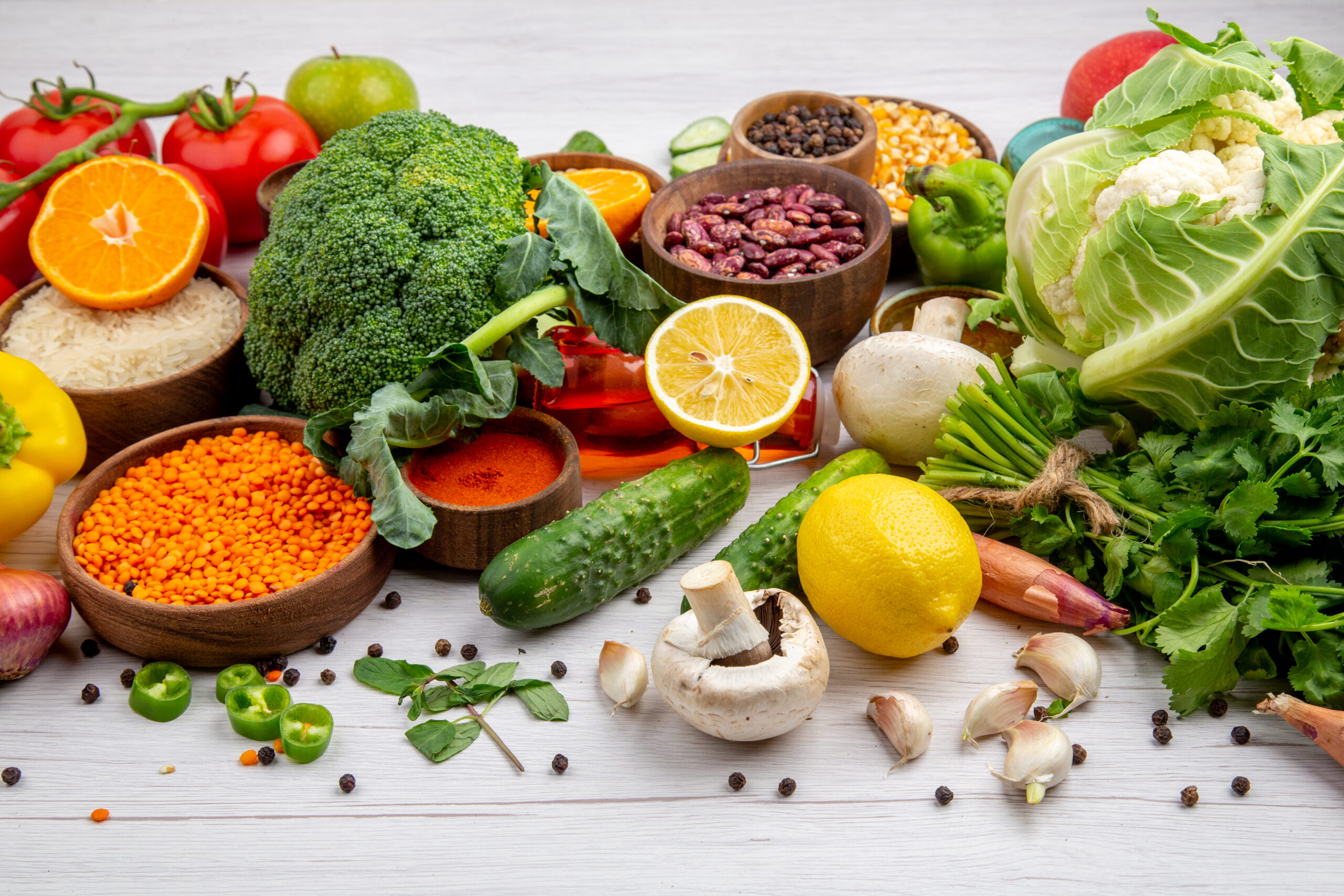
Eating a wide variety of foods, you can pretty easily get what your body needs, including:
Eating healthy becomes especially important at young age. That’s because of aging linked to a variety of changes, which includes nutrient deficiencies, decreased quality of life and poor health outcomes.
Luckily, there are things you can do to help prevent deficiencies and other age-related changes. For example, eating nutrient-rich foods and taking the appropriate supplements can help keep you healthy as you age.
Aging is linked to a variety of changes in the body, including muscle loss, thinner skin and less stomach acid and some of these changes can make you prone to nutrient deficiencies, while some can affect your senses and quality of life.
For example, Studies have estimated that 20% of elderly people have atrophic gastritis, a condition in which chronic inflammation has damaged the cells that produce stomach acid .
Low stomach acid may affect in the absorption of nutrients, such as vitamin B12, calcium, iron and magnesium.
Another challenge of ageing is a reduced need for calories. Unfortunately, this creates a nutritional dilemma. Older adults need to get just as much, if not more, of some nutrients, all while eating fewer calories.
Fortunately, eating a variety of whole foods and taking a supplement can help you meet your nutrient needs.
Another issue which people may experience as they age is a reduction in their body’s ability to recognize vital senses like hunger and thirst which could make you prone to dehydration and unintentional weight loss. And the older you get, the harsher the consequences may be.

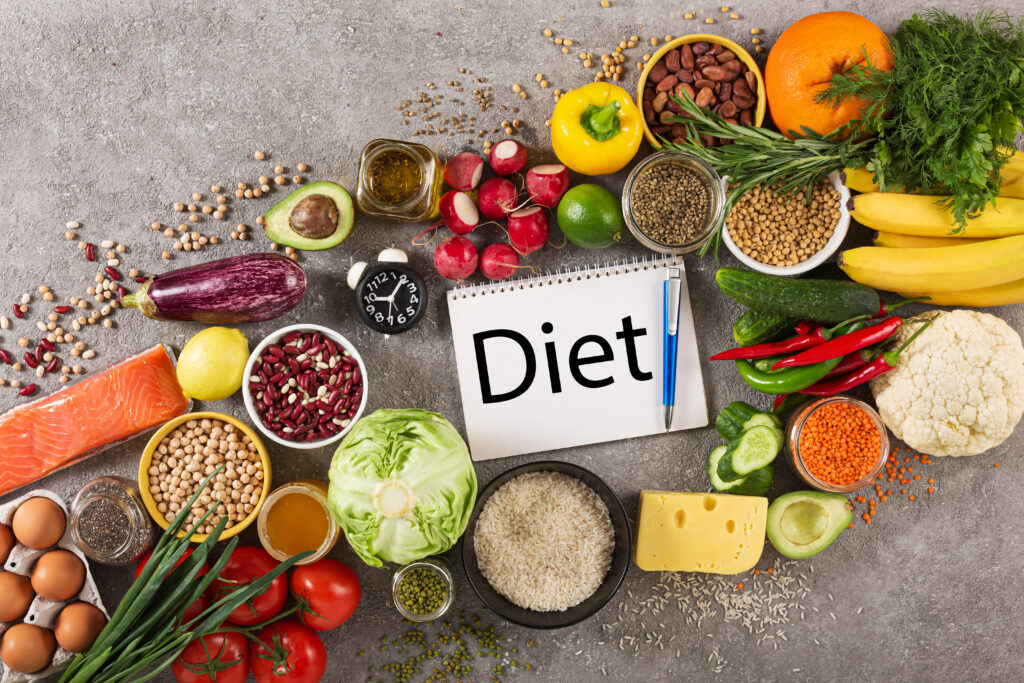
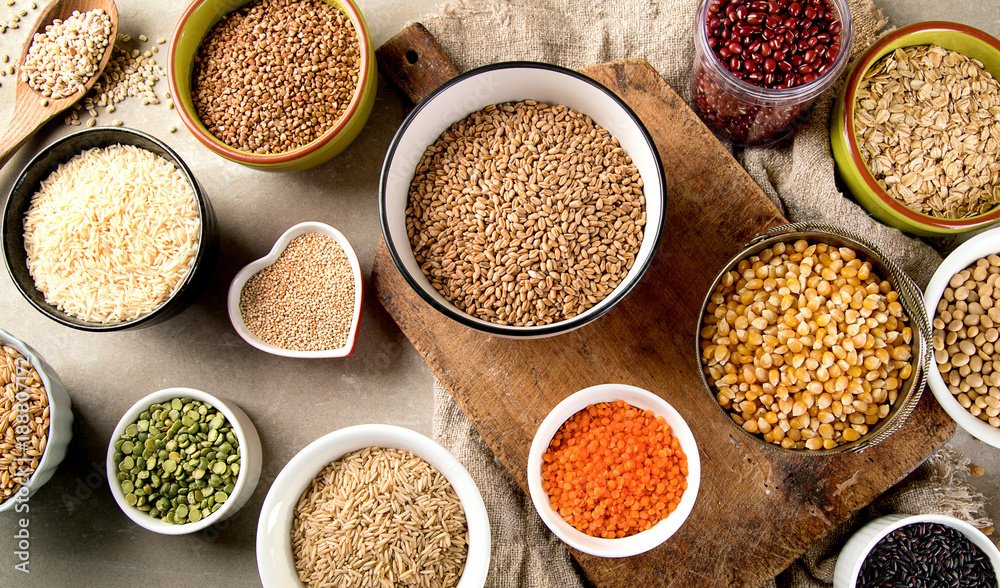
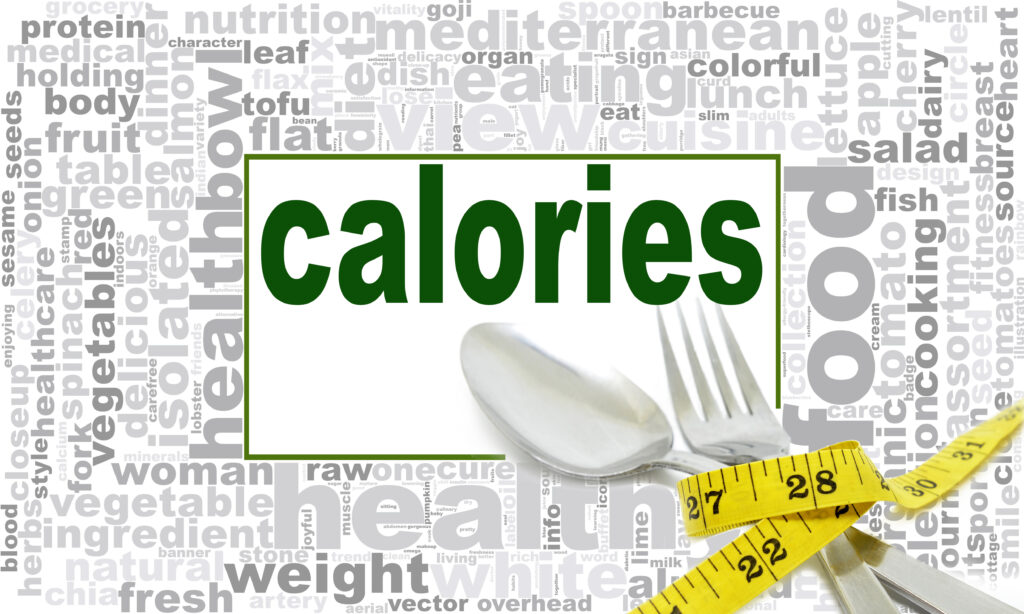
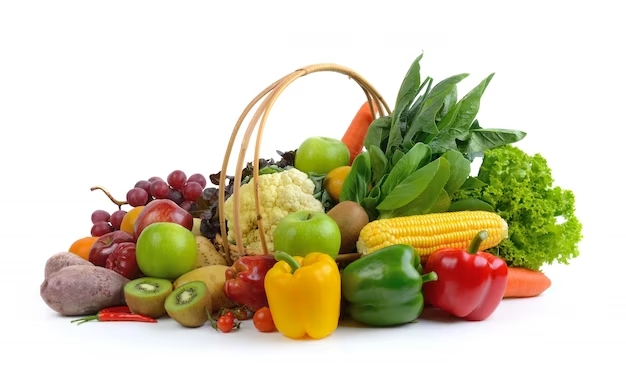
A person’s daily calorie need depends on their height, weight, muscle mass, activity level and other several factors.
Older adults may need fewer calories to maintain their weight, as they tend to move, exercise less and carry less muscle.
If continuation of eating the same number of calories per day as you did when you were younger, there are chances of gaining extra fat easily, especially around the belly area .
This is especially true in postmenopausal women due to the decline in estrogen levels seen which may promote belly fat storage .
However, even though older adults need fewer calories, instead they need just as high or even higher levels of some nutrients, compared to younger people which makes it very important for older people to eat a variety of whole foods, such as fruits, vegetables, dairy etc. These healthy staples can help fight nutrient deficiencies, without expanding the waistline.
Nutrients which are especially important as and when you grow up include protein, vitamin D, calcium and vitamin B12.
Protein
It is common to lose muscle and strength as we age.
In fact, according to the research the average adult loses 3–8% of their muscle mass each decade after age. This loss of muscle mass and strength is known as sarcopenia.
It’s a major cause of weakness, fractures and poor health among the elderly which can be fought by eating more protein that helps your body to maintain muscle.
One study followed 2,066 elderly people over three years. It found those who ate the most protein daily lost 40% less muscle mass than people who ate the least hence eating more protein or taking protein supplements may slow the rate of muscle loss, increase muscle mass and help build more muscle.
Furthermore, combining a protein-rich diet with resistance exercise seems to be the most effective way to fight sarcopenia.
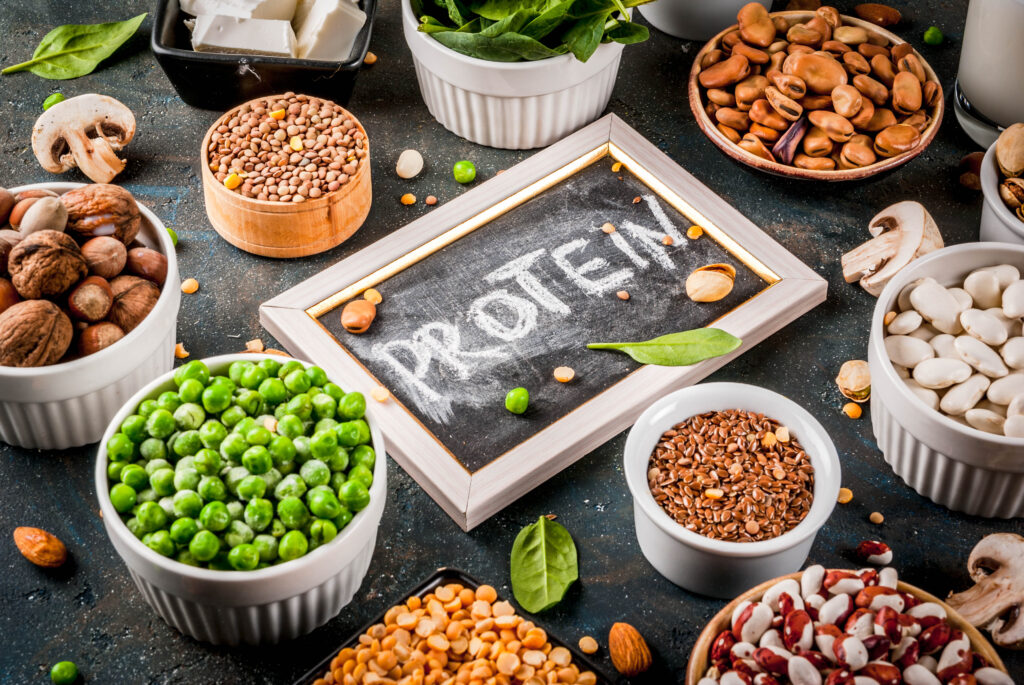
Fiber
Constipation is a common health problem among the elderly.
It’s especially common in people over 65 and is two to three times more common in women that is because people at this age tend to move less and be more likely to take medications that have constipation as a side effect.
Eating fiber rich foods might help relieve constipation. It passes through the gut undigested, helping form stool and promote regular bowel movements.
In an analysis of five studies, scientists found that dietary fiber helped stimulate bowel movements in people with constipation .
Additionally, a high-fiber diet may prevent diverticular disease, a condition in which small pouches form along the colon wall and become infected or inflamed. This condition is especially common among the elderly.
Diverticular disease is usually viewed as a disease of the Western diet. It’s incredibly common which affects up to 50% of people over age 50 in Western countries.
Conversely, diverticular disease is almost absent in populations with higher fiber intakes.
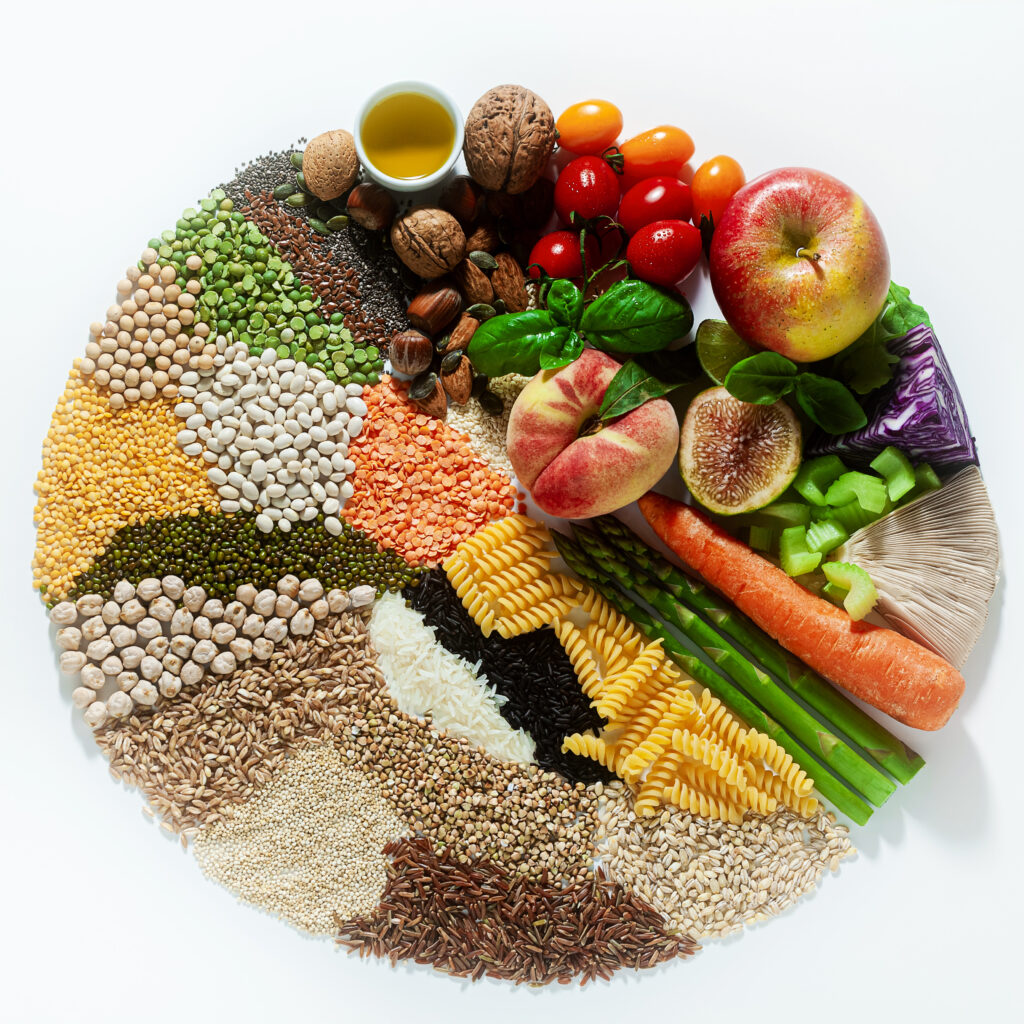
Calcium and Vitamin D
Calcium and Vitamin D are two of the most important nutrients for bone health.
Calcium helps to build and maintain healthy bones, while Vitamin D helps the body to absorb calcium .
Unfortunately, older adults tend to absorb less calcium from their diets. However, the reduction in calcium absorption is likely caused by a vitamin D deficiency, since aging can make the body less efficient at producing it.
Also, ageing can make the skin thinner, which reduces its ability to make vitamin D.
Together, these changes could prevent you from getting enough calcium and vitamin D, promoting bone loss and increasing your risk of fractures.
To counter aging’s effects on your vitamin D and calcium levels, it’s necessary to consume more calcium and vitamin D through foods and supplements.
A variety of foods contain calcium, including dairy products and dark green, leafy vegetables.
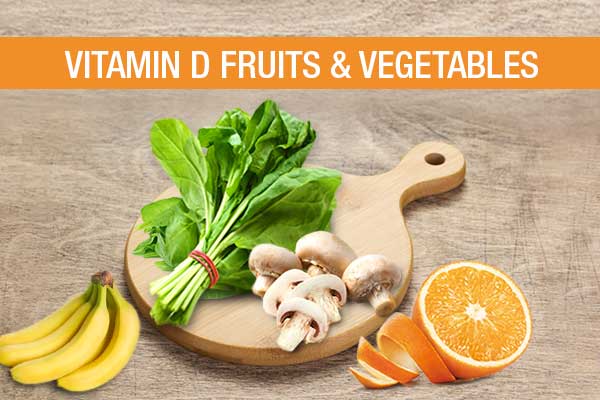
Vitamin B12
Vitamin B12 is a water-soluble vitamin also known as cobalamin which is essential for making red blood cells and maintaining healthy brain function.
Unfortunately, the studies estimate that 10–30% of people above age 50 have a reduced ability to absorb vitamin B12 from their diet which overtime could cause a vitamin B12 deficiency.
Vitamin B12 in the diet is bound to proteins in the food you eat. Before your body can use it, stomach acid must help it separate from these food proteins.
Older people are more likely to have conditions that reduce stomach acid production, leading to less vitamin B12 absorption from foods. Atrophic gastritis is one condition that can cause this.
Additionally, older people who follow a vegan or vegetarian diet are less likely to eat rich sources of vitamin B12, since it’s more abundant in animal foods such as eggs, fish, meat and dairy.
For this reason, older people can benefit from taking a vitamin B12 supplement or consuming foods fortified with vitamin B12.
These fortified foods contain crystalline vitamin B12, which is not bound to food proteins. So people who produce less than the normal amount of stomach acid can still absorb it.

WhatsApp us